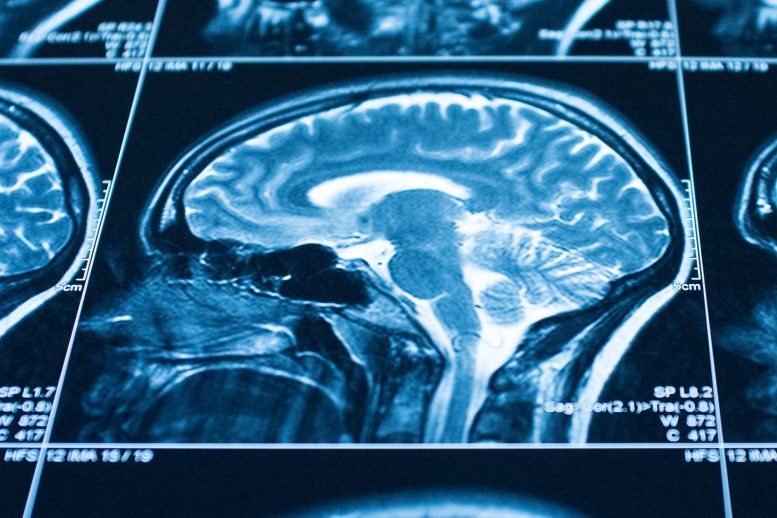
Depression MRI Scans May Find Issues With Prefrontal Cortex
It has been found that MRI Scans may pick up the signs of major depression in people with mild to moderate major depression. MRI Scans is done on the person while they are lying down in a scanner that is sending magnetic pulses through the brain at a very high frequency. This magnetic pulse excites water molecules in the brain, which causes them to release something called serotonin. Serotonin is one thing that can cause feelings of euphoria or even happiness. This is a natural chemical produced by the brain and when it is stimulated we feel happy, excited or even sad. There are certain areas in the brain that are responsible for processing these feelings and moods in a person.
MRI Scans may pick up the abnormalities in the functioning of these chemicals in the brain which can be the root cause of major depression. The prefrontal cortex is located in the mid-brain and is the part of the brain that controls emotion, movement, perception, memory and thought. It is the part of the brain that allows us to make rational decisions and to think logically about what is happening around us. There are certain fibers that exist between neurons which carry information from the sensory nerves to the frontal cortex of the brain and it is possible that these fibers may become damaged as a result of an imbalance in the signals that are being sent by the brain.
MRI Scans may be able to determine if there is a problem within the blood-brain barrier in people with major depression. The blood-brain barrier is a layer that surrounds the brain and spinal cord. This barrier prevents chemicals from entering the brain and circulating within it. This is the main reason why many depressed individuals have shown no outward symptoms of depression. However, when these signals are interrupted it can cause major problems within the brain.
MRI Scans may be able to uncover some of these abnormalities within people with major depression by looking at the MRI scans. There are several times that an MRI will be used to determine if a person has any abnormalities in their brain. For example, a child may be told to visualize themselves while playing a game and a few minutes later they may show a visible change in their brain’s response. This can tell doctors if there is an issue with the blood-brain barrier or abnormal oxygen levels.
People who have been diagnosed with major depression over a period of time may have an MRI Scans indicating the presence of changes in their brain function. Many times an MRI will be able to reveal abnormal activity in the prefrontal cortex. The prefrontal cortex is the center for our reasoning and rational thinking. If there is an abnormality in this area, it can mean that the person suffering from major depression has experienced a decline in their brain functioning. It can also mean that they are experiencing what is referred to as “amygdala dysfunction”. The amygdala is the “logical” part of the brain and is related to stress.
MRI Scans may pick up other problems such as thyroid disorders, diabetes, Parkinson’s disease, or arthritis. Other issues such as tumors or brain abscesses may also be detected by MRI Scans. In some cases MRI Scans may even help in the diagnosis of some psychological conditions. For instance, an MRI may be able to detect the existence of phantom limb in patients who have undergone surgical procedures for limb amputation. In many cases, MRI Scans may even be able to help in determining whether a person has minor depression and if so how severe the depression is and whether it affects their ability to live a normal life.


